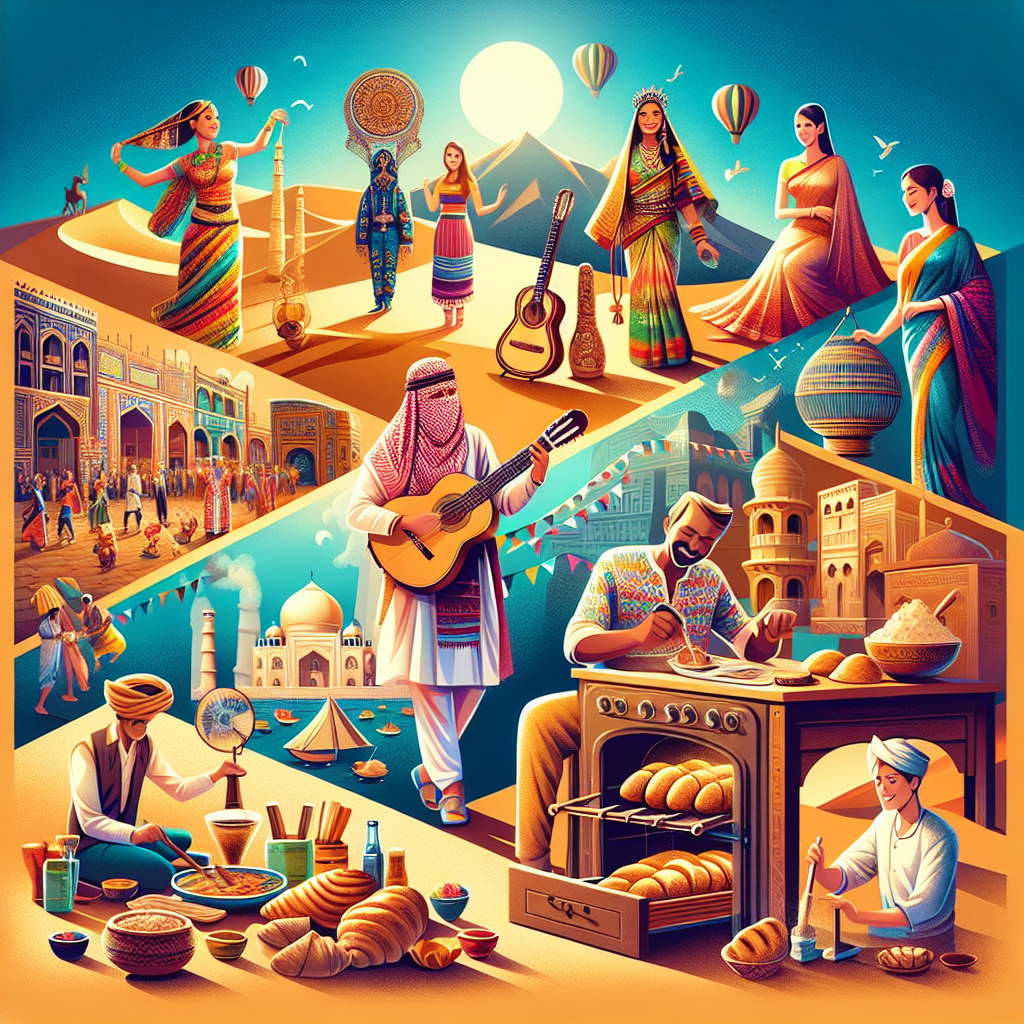Cultural Immersion: Authentic Experiences in Unique Cultures
In a world increasingly characterized by globalization and digital interconnectedness, genuine cultural experiences have become more rare and, consequently, more cherished. Cultural immersion, which allows travelers to engage deeply with a community’s traditions, values, and daily life, offers an authentic means to explore the world’s diverse cultures. This deeper level of travel extends beyond the surface-level attractions, demanding an open heart and mind to fully appreciate the unique nuances of each culture.
The Essence of Cultural Immersion
Cultural immersion is about abandoning the observer’s perch and stepping into the vibrant, dynamic flow of a different way of life. This kind of travel is defined by participation: living among the locals, understanding their social norms, participating in daily activities, and celebrating their traditions. The goal is to experience life from their perspective, to see through their eyes while broadening one’s own worldview.
Travelers who seek immersive cultural experiences often prioritize learning the local language, as doing so opens doors to deeper interaction and understanding. They may stay in homestays or participate in community-based tourism initiatives that emphasize sustainable and respectful engagement with the local culture.
Experiencing Culture Through Cuisine
Cuisine is a vital element of cultural immersion, as it offers insights into the history, traditions, and values of a community. Cooking classes, local market tours, and food festivals enable travelers to connect with the culture in an intimate and sensory manner. Whether it’s learning to make pasta in a small Italian village or joining a communal feast in Thailand, these experiences transcend the palate to forge a connection that is both personal and profound.
Festivals: A Unique Cultural Window
Festivals offer a concentrated, often jubilant expression of cultural identity. Participating in traditional festivals allows travelers to witness firsthand the rhythm and spirit of a community. Whether it’s the riotous colors of India’s Holi, the glowing paper lanterns of Thailand’s Loi Krathong, or the somber beauty of Mexico’s Dia de los Muertos, these events provide context to cultural stories and histories that shape a community’s identity.
Preserving Culture Through Art and Tradition
Engaging with a culture’s traditional art forms, be it dance, music, or crafts, offers another layer of understanding. Attending a local music performance or participating in traditional crafts not only supports artisans but fosters a shared appreciation for cultural heritage and artistic expression.
Challenges and Ethical Considerations
While the pursuit of cultural immersion can be deeply rewarding, it also requires sensitivity and ethical responsibility. It’s essential for travelers to approach other cultures with respect, humility, and a willingness to listen and learn, rather than judge or impose their own values. Ethical cultural immersion respects local customs, supports local economies, and seeks to minimize the traveler’s footprint on the community and environment.
The Transformative Power of Cultural Immersion
Cultural immersion enriches the traveler with new perspectives and fosters greater empathy and understanding between people of different backgrounds. It can also transform stereotypes, break down cultural barriers, and highlight our shared humanity. In today’s rapidly changing world, genuine cultural immersion represents a vital bridge—a means of connecting individuals across divides and experiencing the profound beauty of cultures distinct from our own.
As more travelers crave experiences that are meaningful and transformative, cultural immersion will continue to play a crucial role in understanding and celebrating the vibrant tapestry of human life on our planet.

